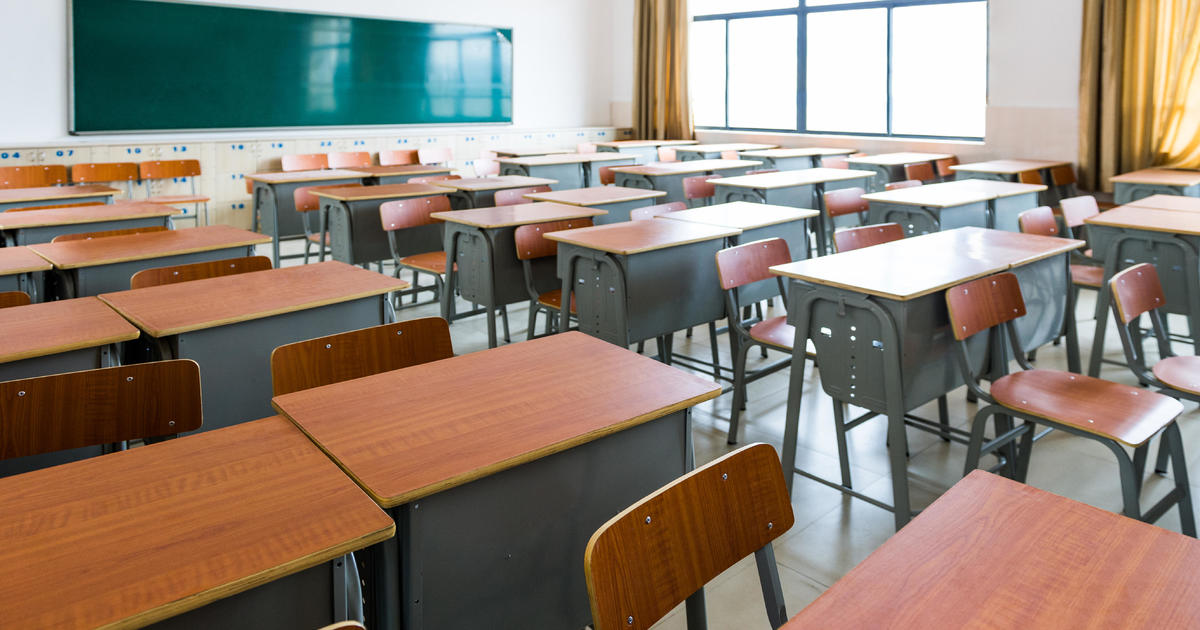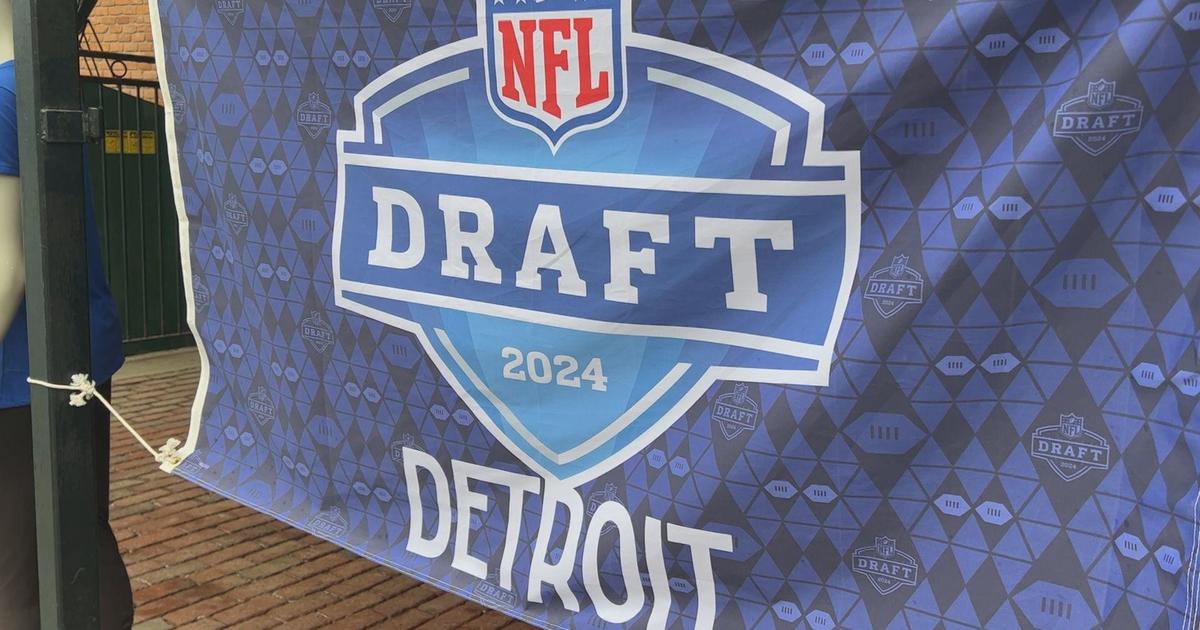Bill To Legalize Ticket Scalping Splits Venues, Brokers
By David Eggert, Associated Press
LANSING (AP) - Repealing Michigan's rarely enforced ban against scalping tickets is, on its face, an effort to help out the average customer looking to sell a few unused tickets to a game or concert.
But it's also a high-stakes financial tussle - one between venue owners such as pro sports teams and public universities and brokers who buy and resell their tickets, mostly on the Internet.
So far, the brokers are winning in Lansing, where the Republican-led state House on Thursday voted 66-42 to legalize ticket scalping. Entertainment venues are hoping to block the bill in the Senate, despite its GOP supermajority that may be swayed that ticket holders should have no barriers in a free market.
The legislation's sponsor, Republican Rep. Tim Kelly of Saginaw Township, said "Uncle Joe" shouldn't be collared as a criminal while online brokers resell tickets with impunity - even if scalpers are rarely subject to arrest and prosecution.
"It occurs to me you either enforce the law evenly across the board or you decriminalize it across the board," he said. "The law is fuzzy, and I'm just trying to remove the fuzziness."
Scalping, or selling a ticket above face value, is a misdemeanor that can lead to a maximum 90 days in jail or a $500 fine.
Kelly shepherded his bill through the House despite opposition from some big players in Michigan's sports and entertainment industry - Palace Sports & Entertainment, Detroit's four major professional sports teams, Kid Rock, Michigan International Speedway and other venues.
They say the measure would do away with the only legal prohibition that keeps brokers honest and prevents them from gobbling up the bulk of tickets with high-tech online software and gouging customers.
Richard Haddad, vice president and general counsel for Palace Sports & Entertainment and the Detroit Pistons, said proponents of the legislation are misleading legislators to think regular fans who scalp tickets are at risk even though enforcement is uncommon.
"The law currently provides us with very valuable tools we're only going to use under very extenuating circumstances," he said.
The Palace has no interest in suing to shut down online brokers such as StubHub, because it understands there's a resale market for tickets, Haddad said.
"But there certainly isn't any need to drag the Legislature and government into this ... to make it easier for StubHub to tilt their profits," he said.
The debate in essence is about control.
Stadium, arena and concert hall officials say the more control they have and the fewer tickets there are in the resale market, the better it is for patrons. Brokers counter that it's often teams or concert promoters themselves ripping people off - withholding good seats until later, artificially creating pent-up demand and reaching their own resale deals with StubHub or Ticketmaster.
"We're not buying up all the tickets," said Joel Schwartz, owner of Big Time Worldwide, a national ticker brokerage based in Southfield.
He said brokers buy 1 to 3 percent of tickets to an event, in some cases 5 to 10 percent. Forty-two percent of the tickets he resells go for less than face value, he said.
"These promoters, teams and everybody - they're just wanting to have control over everything ... so they can keep jacking up the price. I'm the last bastion of free capitalism standing between the consumer and the promoter or team," Schwartz said, adding that teams and promoters already are scalping their own tickets. "People will be able to openly and freely sell tickets. That will result in a lower price to the consumer."
Michigan State University is among opponents lining up against the bill.
David Bertram, assistance vice president for state affairs, said the school is concerned about deleting a provision that allows scalping if ticket holders receive written permission from venues such as Spartan Stadium and the Wharton Center. That would discourage brokers from signing deals with the university, he said. The school now can enter into contracts in an attempt to prevent all tickets from being bought within minutes of going on sale and to put terms on how much tickets can be sold above market value.
"We believe the average fan is hurt. It will likely cause prices to go up in the secondary market," Bertram said of the legislation.
Those supporting the bill include the conservative Americans for Prosperity group, police officers, eBay and Michigan Citizen Action, a liberal watchdog organization that points out ticket buyers pay exorbitant processing fees and can only legally recoup the ticket's face value.
Lawmakers aren't splitting solely along partisan lines. Of the 62 House members who voted for the measure, 46 are Republicans, 19 are Democrats and one is an independent. Twenty-nine Democrats and 13 Republicans opposed it.
The Senate is expected to refer the bill to a committee on Tuesday.
© Copyright 2014 The Associated Press. All Rights Reserved. This material may not be published, broadcast, rewritten or redistributed.



